Breaking barriers: A platform aims to overcome self-custody wallet challenges
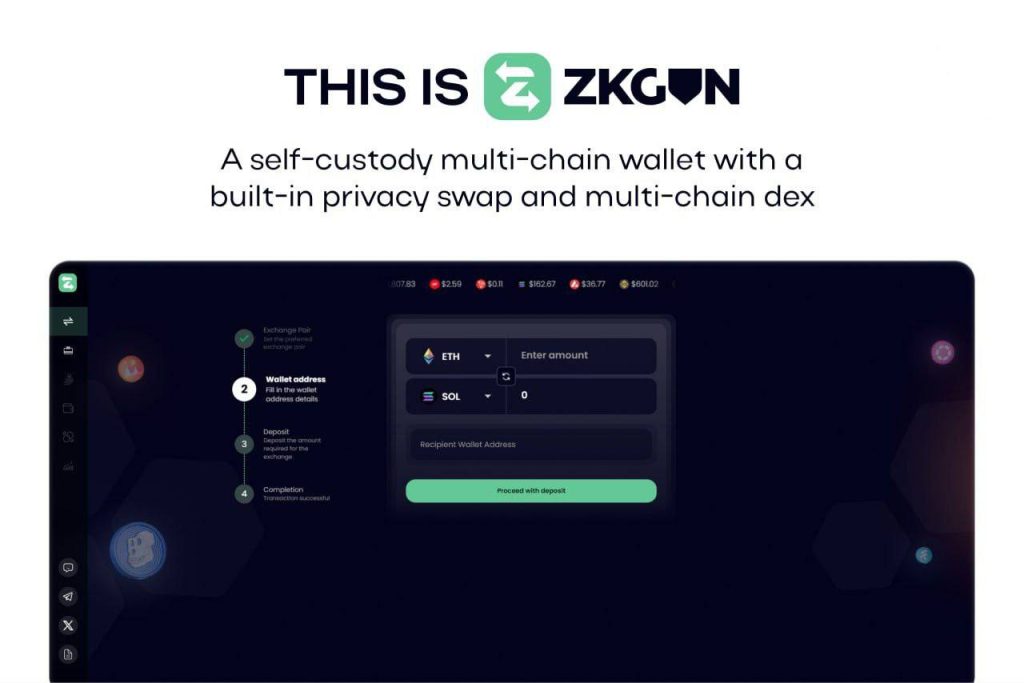
A self-custody crypto wallet aims to address the challenges of making secure and anonymous transactions across multiple chains.
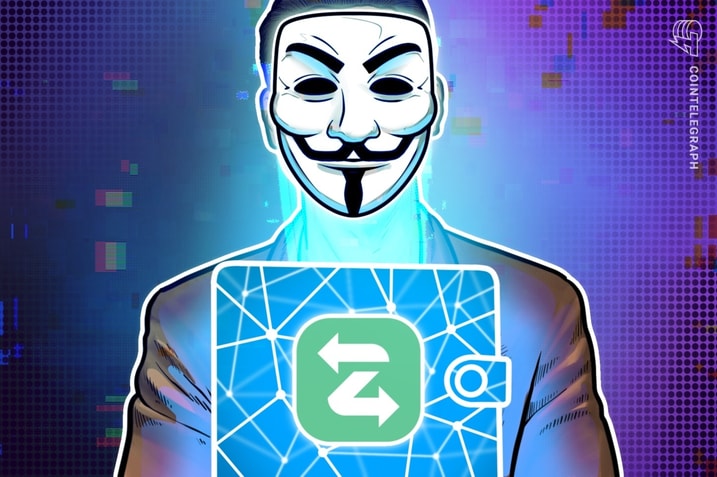
Addressing the challenges of self-custody crypto wallets, zkGUN provides secure and anonymous transactions across multiple chains, all within a single user-friendly app.
An analysis predicts that the crypto wallet market will reach $48.27 billion in revenue by 2030 — a massive jump from its current volume of $10.27 billion.
Despite the fact that it has potential, one of the biggest challenges facing crypto wallets is ensuring user privacy and autonomy. Self-custody wallets solve this problem by giving users full control over their assets and private keys, eliminating the need for intermediaries and reducing the risk of outside interference.
Self-custody wallets are not immune to criticism, though. The lack of more user-friendly interfaces and comprehensive features, along with some service providers’ tendency to share user data, are seen as the main obstacles hindering adoption.
Overcoming adoption barriers
zkGUN, a self-custodial multichain crypto wallet, aims to simplify and secure transactions with cross-chain swap capabilities. Acting as a gateway, zkGUN connects to different Web3 protocols to provide a dynamic trading experience in decentralized finance (DeFi).
Users can access thousands of decentralized applications (DApps) to store or transfer their assets and manage nonfungible tokens (NFTs), GameFi and metaverse interactions across multiple blockchains.
To offer competitive transaction fees, zkGUN aggregates multiple services into one wallet, aiming to attract more users and increase transaction volume. Higher user numbers mean higher revenue, which zkGUN distributes to stakers, creating a sustainable ecosystem.
zkGUN overcomes the need to use multiple apps with built-in features such as pre-scanning transactions, anonymous cross-chain swaps, deep trading analytics and a singular multi-chain decentralized exchange (DEX). The platform allows the buying and selling of tokens on Ethereum virtual machine (EVM) and non-EVM compatible chains with a single DApp.
With zkGUN’s limit order feature, users can trade at any price on EVM and non-EVM-compatible chains without constantly monitoring the market. To increase ease of use, zkGUN also offers the ability to perform all web app functions via their Telegram bot and a secured browser extension that will soon be available on Chrome, Brave and Firefox.
Privacy with untraceable transactions
Users of the zkGUN wallet can perform untraceable transactions thanks to its successful RAILGUN integration. Those who prioritize the confidentiality of their financial activities can confidently rely on zkGUN to keep their transactions private while also staying compliant.
zkGUN eliminates the need to Know Your Customer (KYC), ensuring that personal information remains confidential and transactions are free from bureaucratic obstacles. All data transferred to remote procedure call (RPC) nodes is encrypted via reverse proxies, complying with legal requirements. An RPC node is a server that provides the interface for sending transactions and querying data in wallets and DApps.
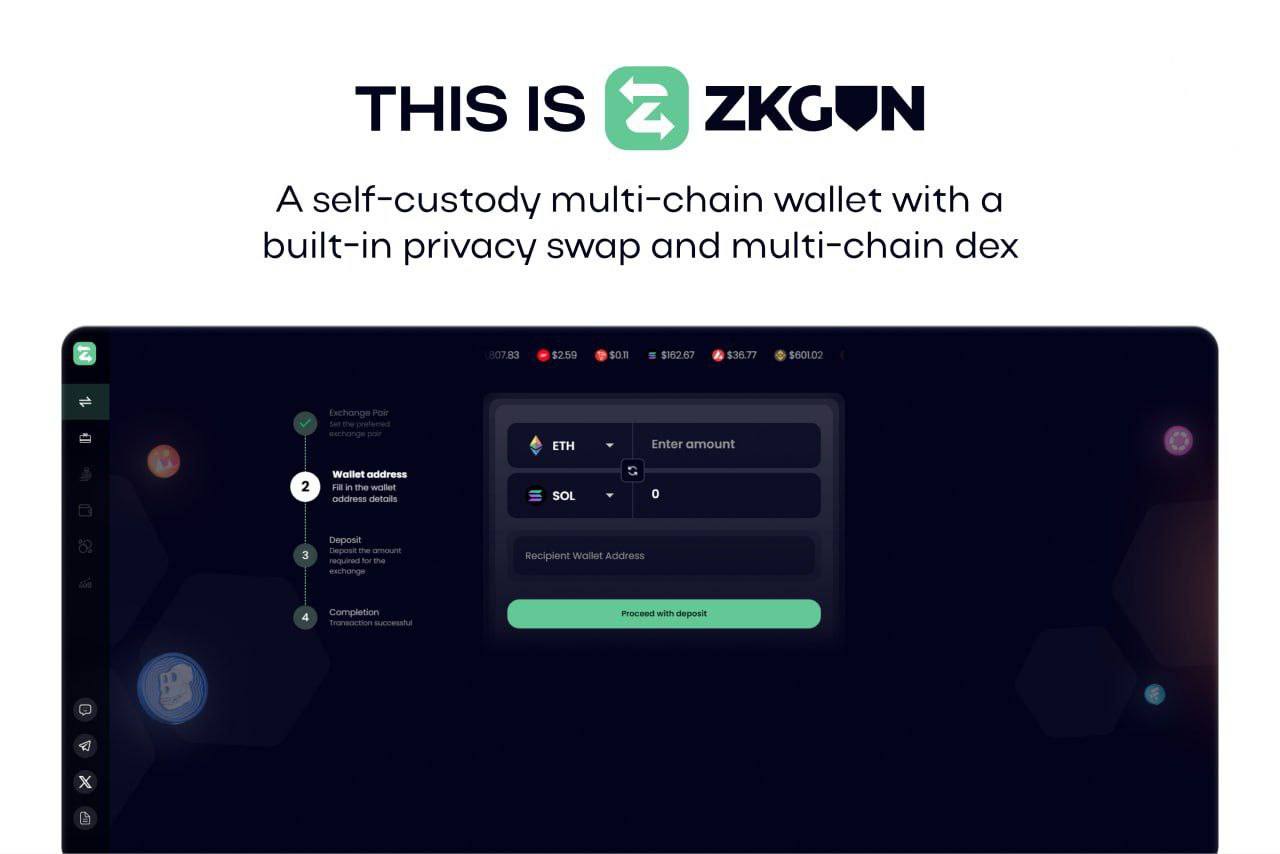
Focused on privacy and user autonomy, zkGUN works to offer users seamless crypto management. Source: zkGUN
In addition to having all codes subjected to comprehensive audits by highly reputable Web3 security companies, zkGUN protects investments from fraud by adding a layer of security that allows only approved tokens to be traded with the help of Alchemy.
Growing with feedback and innovations
Alongside collaborations with Stripe, Chainlink, AWS and IBM, zkGUN has also been accepted into Nvidia’s developer program. The launch of zkGUNs utility token, ZKGUN, is tentatively scheduled for early June 2024.
“We were tired of Web3 wallets sharing our data. We were tired of using multiple apps while trading,” said zkGUN co-founder Aizen, stressing that the lack of privacy and features in current Web3 wallets needed a serious upgrade:
“We decided to tackle the issue head-on and build a privacy-focused and feature-packed multichain self-custody wallet that prioritized user experience and trading efficiency — and bring it to the masses.”
The team is committed to improving the interface and adding new features based on user feedback, providing an efficient trading experience for both new and experienced users. zkGUN also plans to implement measures such as advanced encryption, multifactor authentication and continuous monitoring to prevent malicious activity.
As the self-custody trend continues to grow, the future of digital finance will be shaped by prioritizing privacy, security and user autonomy. Innovations in cross-chain compatibility and user-friendly features will be able to address the industry’s current challenges.

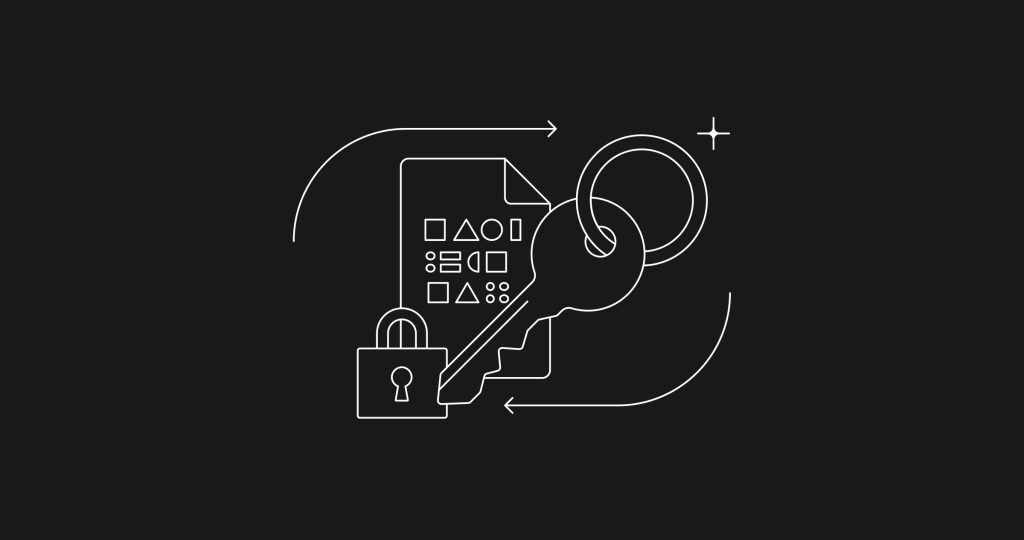
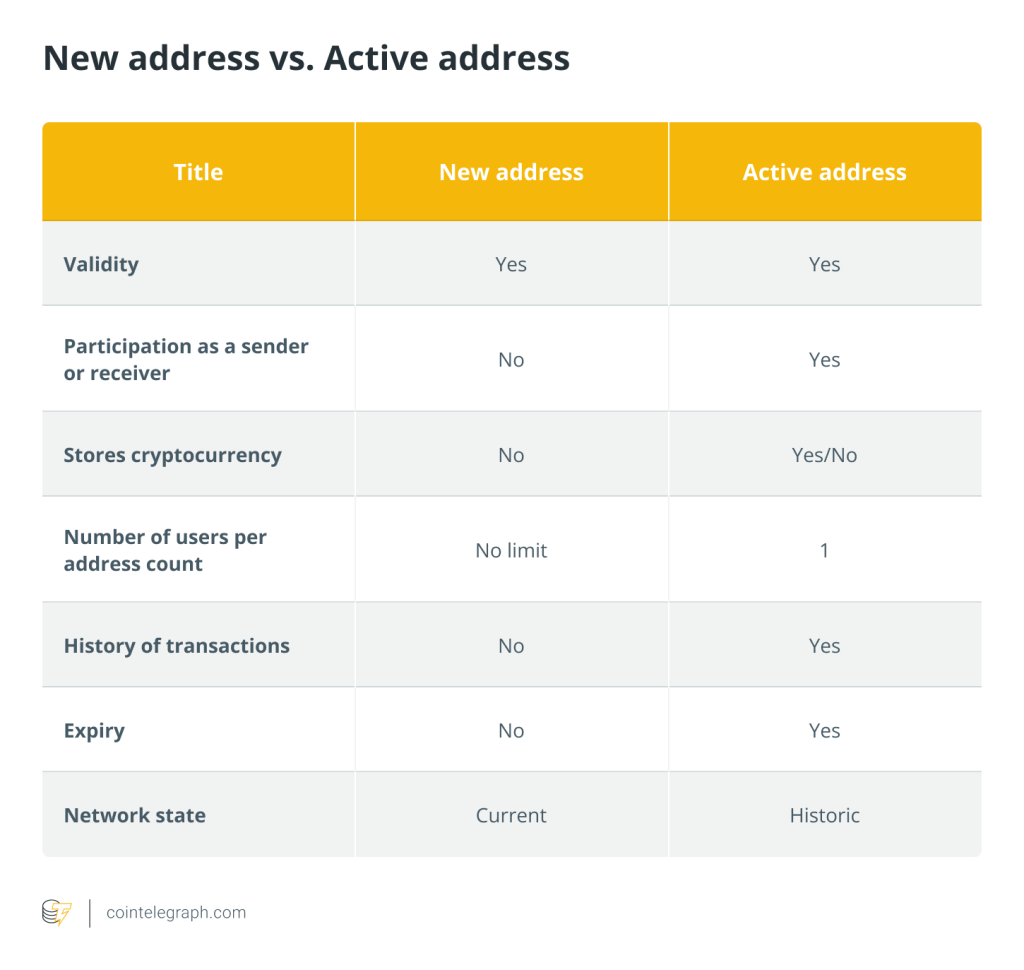
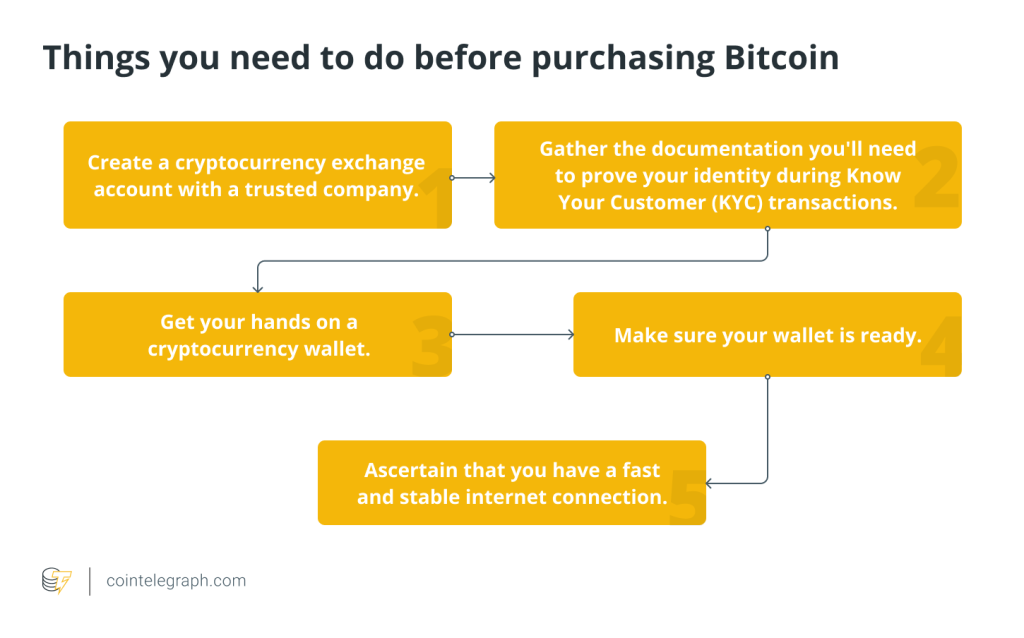

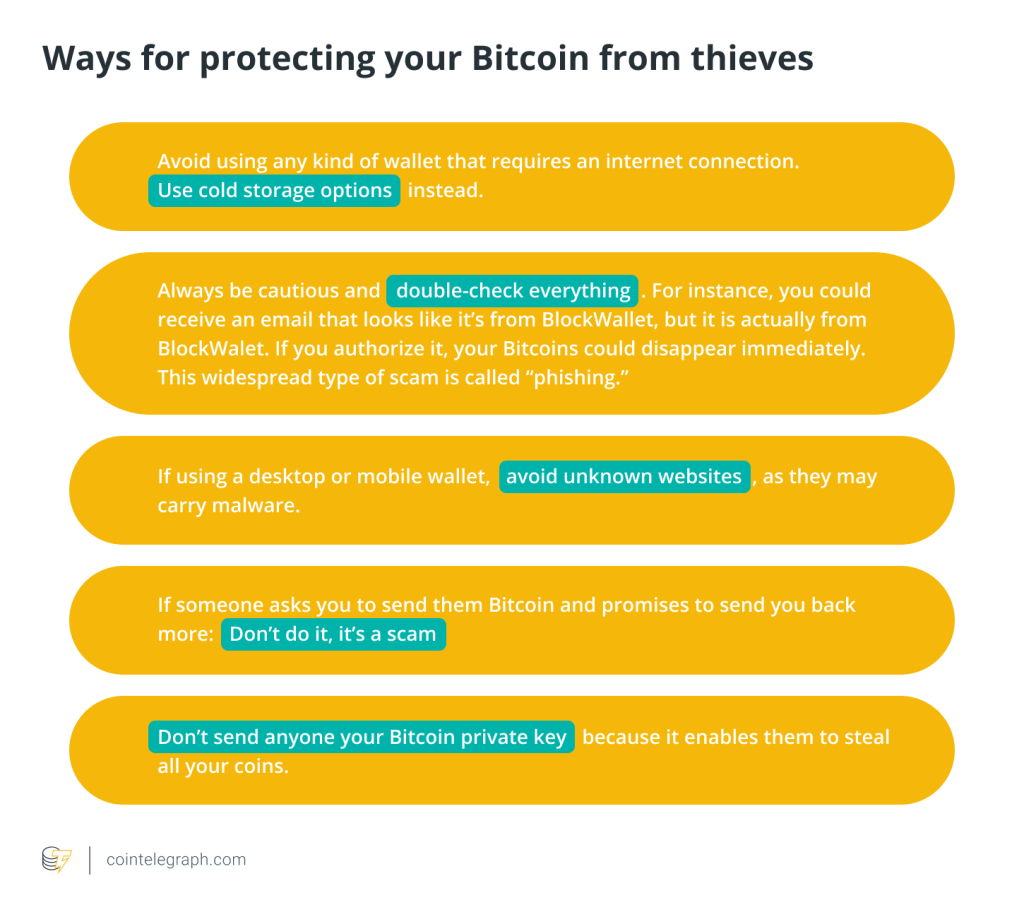
Responses